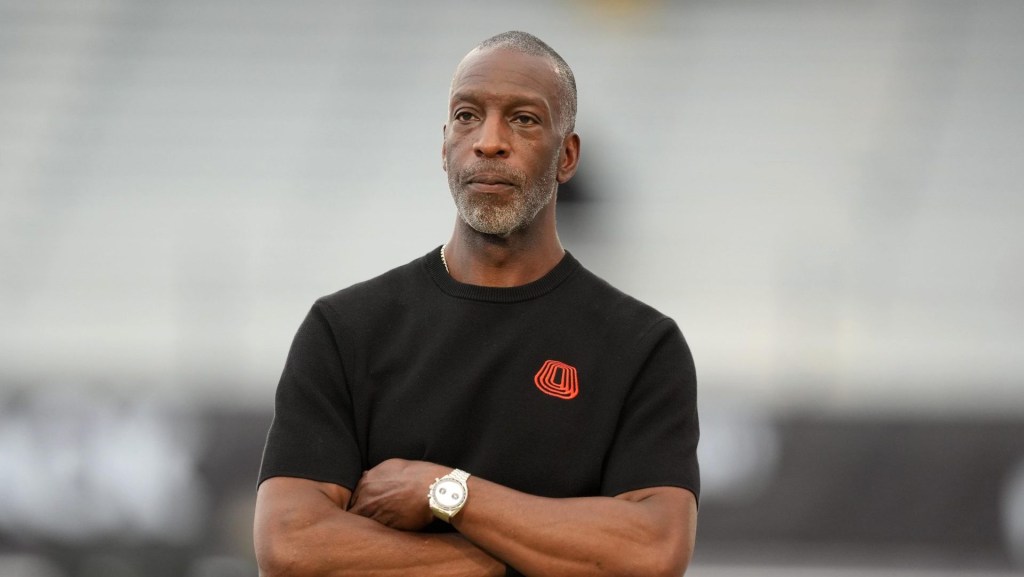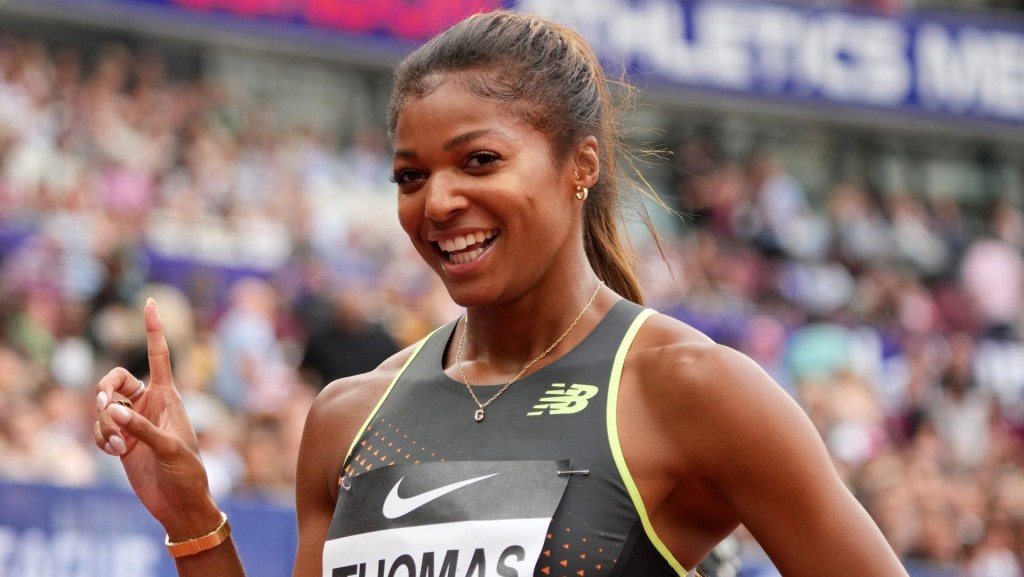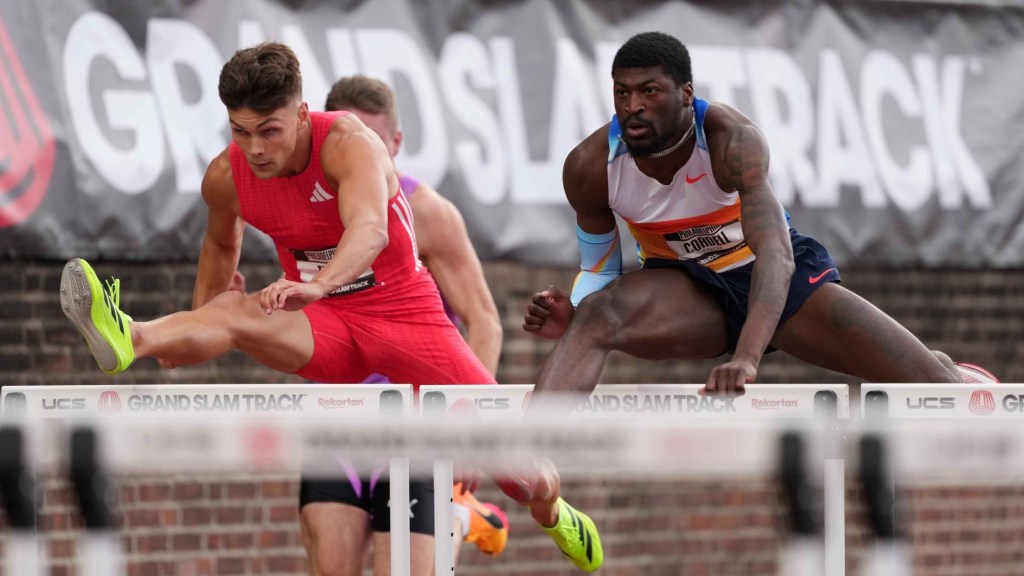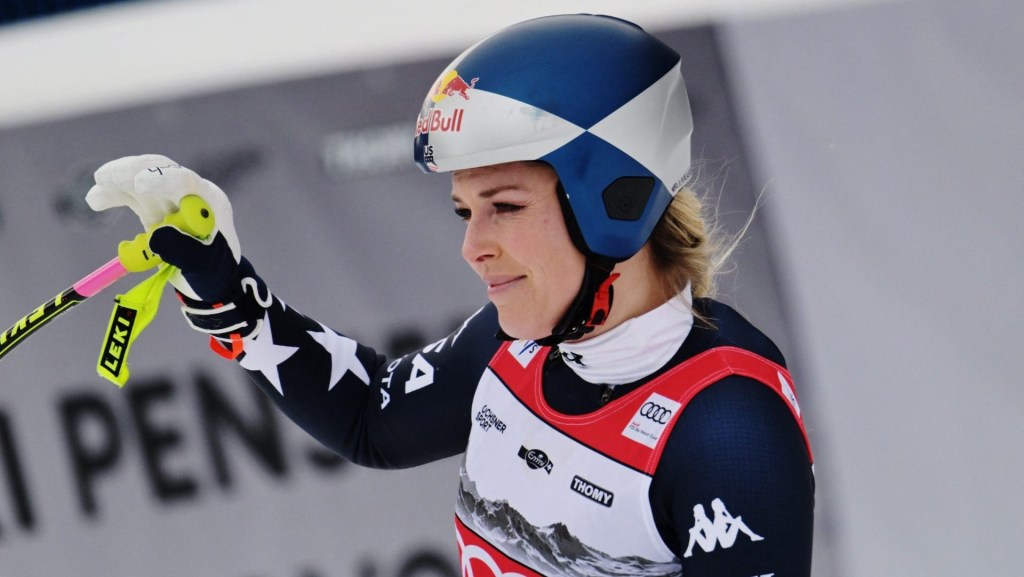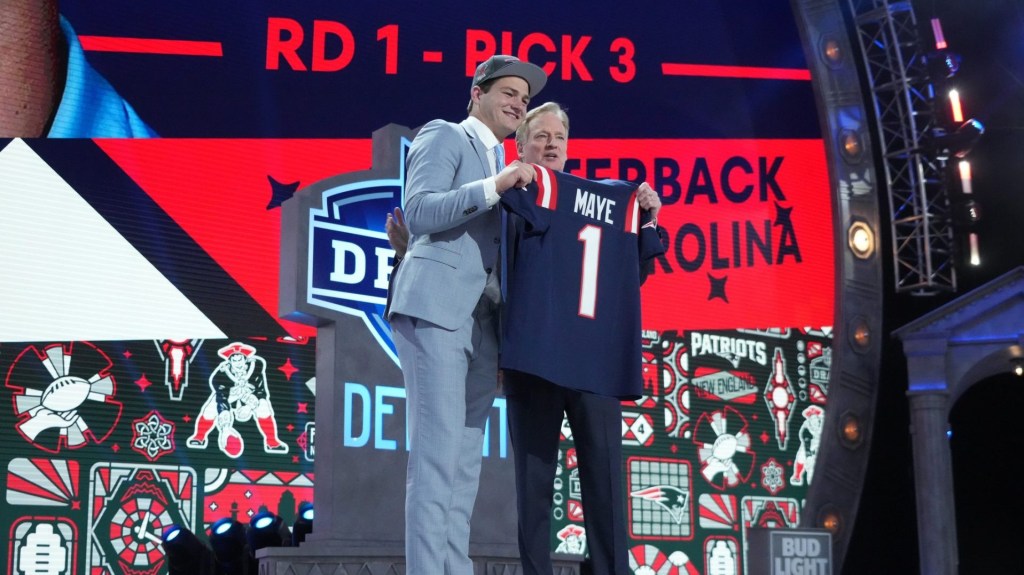The Boston Athletic Association (BAA) announced a new rule this week that could reshape how thousands of amateur runners attempt to qualify for one of the world’s most prestigious marathons—and disrupt the business model of one of America’s fastest-growing race series.
Beginning in 2027, runners who qualify for the Boston Marathon from races with more than 1,500 feet of net elevation drop will see their times adjusted by five to 10 minutes. Courses with a drop exceeding 6,000 feet–like Revel Mt. Charleston in Nevada–will no longer be eligible at all.
For Revel, a race series built around high-elevation, fast-finish courses, the news could have severe effects. In 2023 alone, more than 40% of Revel Big Bear (in California) finishers qualified for Boston–425 runners in total.
“The new downhill course adjustments are the next step in our evolving Boston Marathon registration process,” BAA CEO and president Jack Fleming said in the announcement. “We know athletes plan their qualifying marathons well in advance.”
Revel, however, has built its brand entirely on that planning. Founded by entrepreneur Phil Dumontet in 2012, the company is known for delivering scenic, well-organized races with a festive atmosphere, and for helping runners clock unusually fast times.
The series has carved out a niche by marketing its races as “PR [personal record] factories,” drawing runners nationwide chasing Boston-qualifying times.
The BAA, which produces the Boston Marathon, said the change follows a multi-year review of performance data and finish times, which showed runners who qualify on downhill races tend to underperform in Boston’s steeper, more technical terrain. The adjustment is designed to level the playing field—quite literally.
Online, the reaction was quick and veered into sarcasm. “Well, REVEL went downhill fast,” one runner posted. Others questioned whether uphill marathons might now earn bonus time.
Revel’s days as a Boston Marathon-qualifier goldmine may be numbered. The company now faces a tough choice: rework its courses to meet new standards or double down on the downhill and embrace a new identity beyond Boston.
In a statement to Front Office Sports, a spokesperson for Revel said: “For over a decade, the REVEL Race Series has proudly offered certified Boston Qualifiers where our runners earn their qualifying times through training, grit, and determination. Over that time, the B.A.A. has previously tightened their qualifying standards several times as they have seen increased competition for a limited number of spots available. While this particular change affects our races uniquely, the REVEL Race Series still remains one of the most competitive opportunities to qualify, especially to those who put in the correct training and effort to take advantage of our downhill courses.”
The BAA’s announcement isn’t just a policy shift. It’s a challenge to how runners chase goals, and a test of whether Revel can continue selling speed in an era where gravity no longer guarantees glory.

